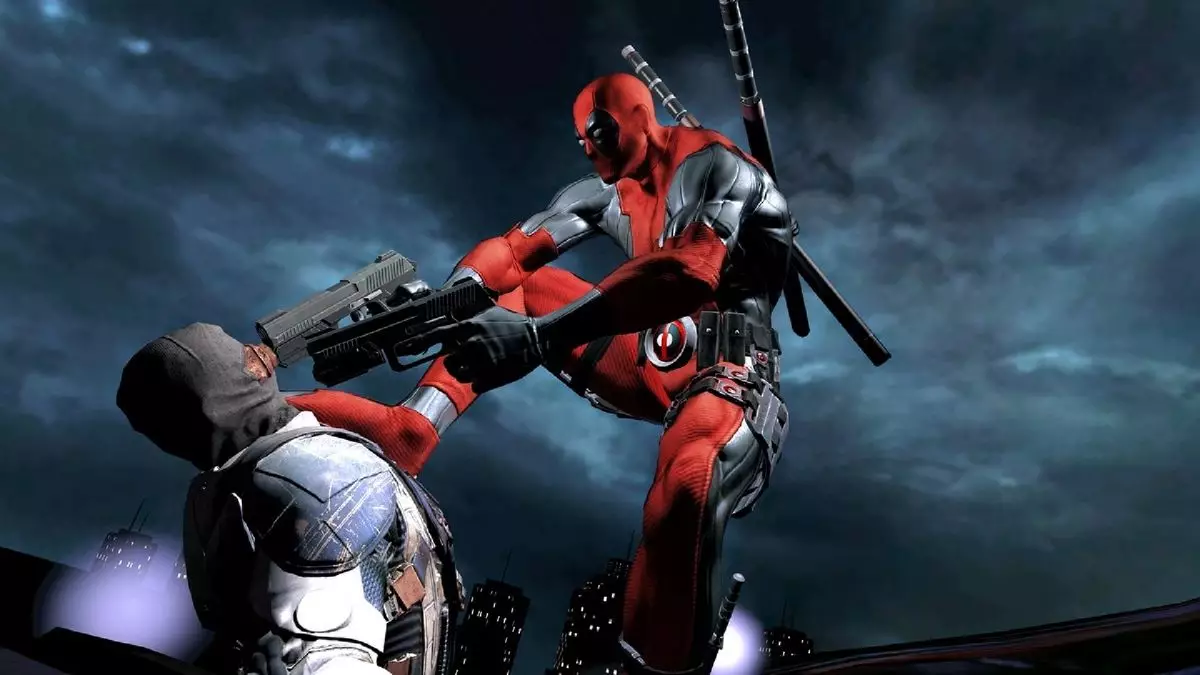The 2013 video game adaptation of Deadpool has had a turbulent journey since its initial release. Despite its relatively lackluster Metacritic score of 62, the game’s foundation remains cherished by a loyal fanbase. Notably, it was delisted from digital storefronts a mere year after its launch, showcasing the complexities of the digital gaming landscape. Its brief re-emergence in 2015 did little to stabilize its presence; once again, it vanished from purchase options two years later. With the recent mysterious updates to its Steam page, alongside other Activision titles, questions about Deadpool’s fate have resurfaced, hinting at potential changes yet to unfold.
On November 14, a notable event caught the attention of the gaming community: Deadpool, along with several other Activision titles, received an update on Steam. Identified by astute Twitter users like @Knoebel, this update—characterized by the cryptic note “added store_screenshot”—has sparked speculation regarding the future of these previously delisted games. It’s particularly intriguing given that the store pages for these titles, especially Deadpool, have become invisible to potential consumers. The differences in file names for the game screenshots hint at unique content for each title, suggesting that some significant effort is being directed towards titles that many presumed to be in limbo.
Fan Speculation and Industry Insights
While many gamers swiftly pivot to speculation, questioning whether these developments indicate a re-release, the situation is more layered than it appears. Historical data reveals that updates to Deadpool’s Steam paged have been consistently issued post-delisting. This includes alterations made as recently as four months ago, where elements like its Metacritic score were adjusted, only to later be restored. Such a pattern provokes the question: are these updates mere maintenance actions, or are they indications of a larger strategy at play?
The discourse surrounding Deadpool’s production cost adds another layer of complexity to its narrative. Despite rumors that production and marketing expenses soared to $100 million, former Marvel executives have disputed such claims. The divergence between cost and perceived value undoubtedly influences game operators and publishers in how they manage their digital titles.
As of now, the future remains uncertain for Deadpool and its fellow Activision counterparts. Fans can only hope this unexpected update heralds a resurgence of the beloved anti-hero and other hit titles. The possibility of revitalized interest not only in Deadpool but also in franchises like Marvel: Ultimate Alliance and Transformers could pave the way for new content, sales, or even sequels.
The recent developments surrounding Deadpool on Steam present a tantalizing glimpse into the evolving dynamics of digital gaming. As the gaming community speculates on what might come next, one thing is clear: the intersection of nostalgia and modern gaming strategies continues to captivate audiences, leaving them eager for more.

